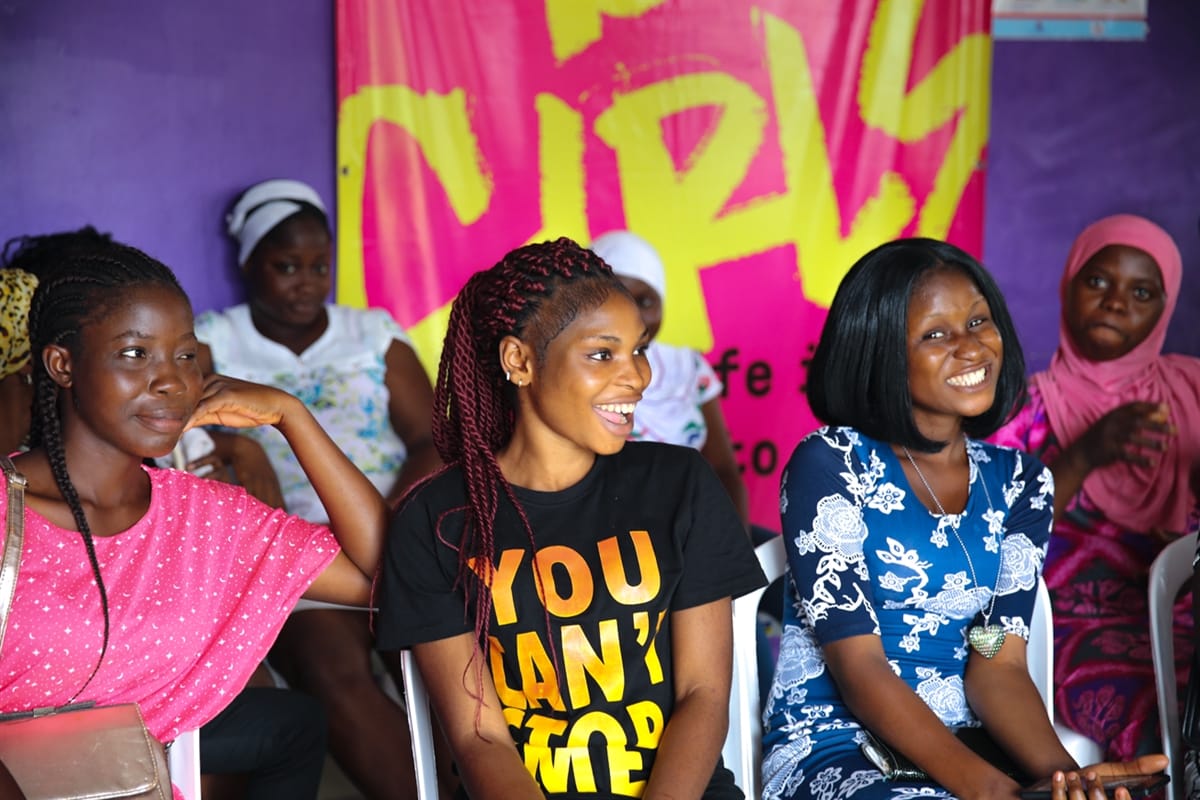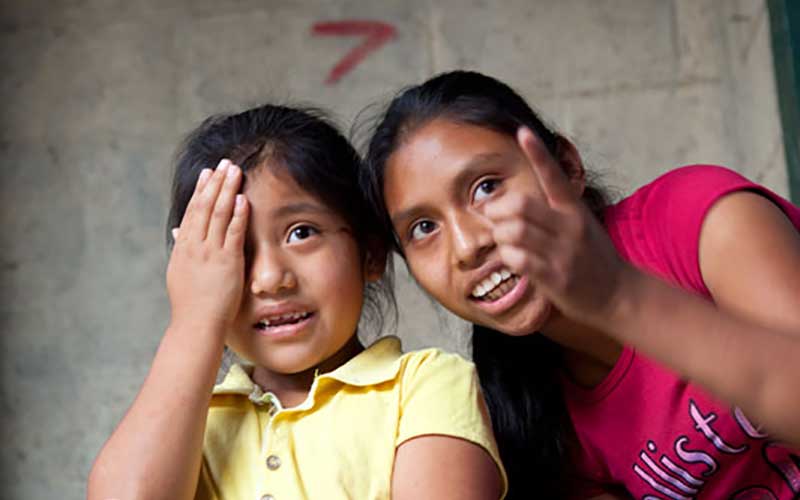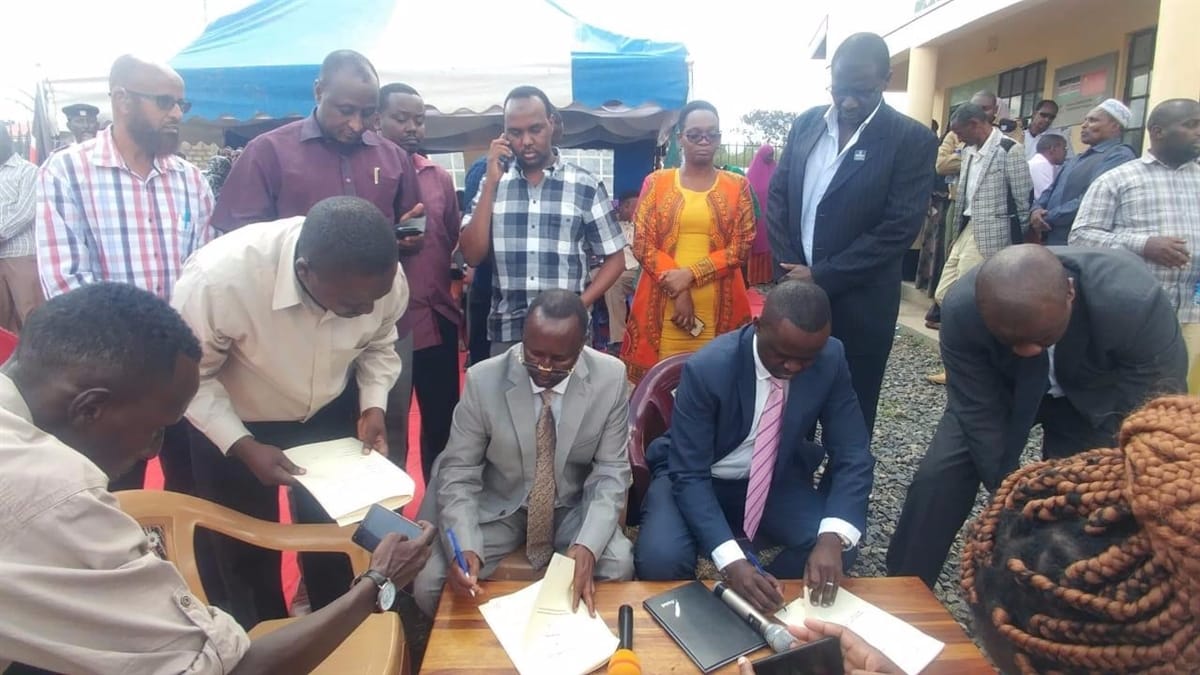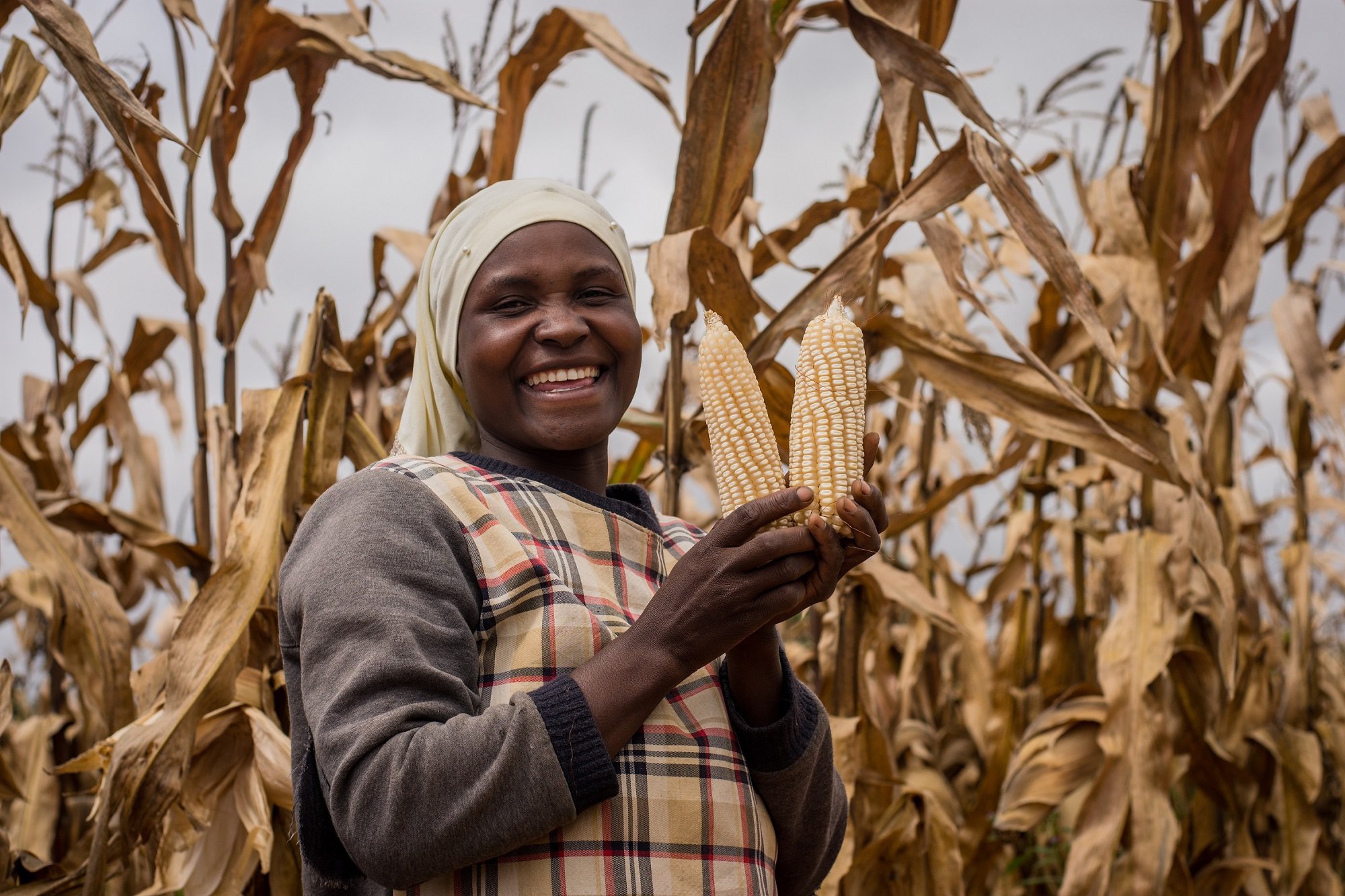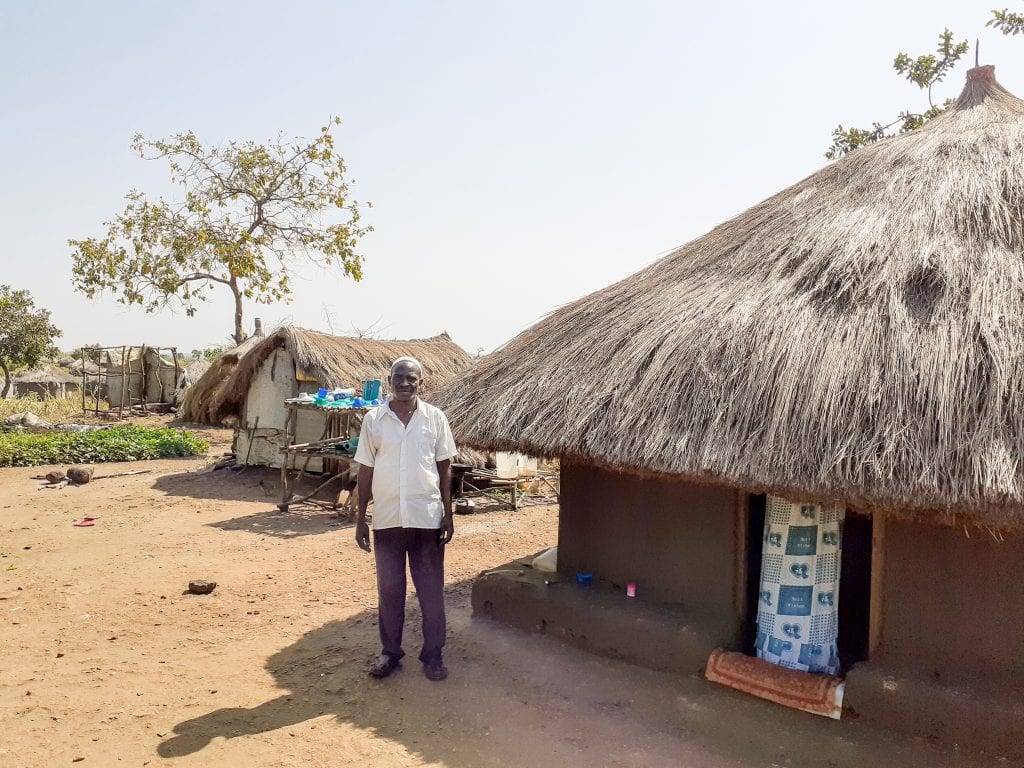Lagos (AFP)
Modupe Adegbite’s grandfather had 22 children, while her father had nine. At the age of just 19, she has decided she wants no more than four.
“Why do you have so many children if you cannot feed them?” she asked.
It’s a question many young Nigerians will face over the coming decades in Africa’s most populous country, where a booming population combined with poverty, record unemployment and roiling ethnic conflicts have some fearing a demographic “time-bomb”.
Photo: Ideo.org
Nigeria’s population is expected to leap from 190 million today to 410 million by 2050 — and to almost twice that number again by the end of the century — according to the UN’s World Population Prospects.
That would mean that in just 30 years, Nigeria will be the world’s third most populous nation, behind only China and India.
For young women like Adegbite, who was born in Bada, one of the poorest neighbourhoods in the economic capital Lagos, getting access to sex education and birth control can be difficult.
However Bada, which lacks electricity and paved roads, does have a family planning centre, which opened last year.
Condoms, the pill and hormonal implants are freely available at the local 9ja Girls centre, run by the US-based non-profit organisation Populations Services International.
Breaking taboos
“Most of the girls here are sexually active at 15, sometimes 14 years old,” Naomi Ali of the 9ja Girls centre told AFP.
“They start very early, whatever their religion. So they quickly become pregnant and they stop going to school.”
At first teenagers and young women in the area were suspicious, but Ali said hundreds now openly talk in the street about once taboo issues such as sexuality and romantic relationships.
“It’s difficult, sometimes they believe that contraception will make them infertile, or the parents categorically reject it,” she said.
Nigerian women have an average of 5.53 children, according to the World Bank, but the rate fluctuates greatly between major cities like Lagos and rural areas, where it reaches up to eight children per woman.
Mabingue Ngom, the UN Population Fund’s regional director for West Africa, said the situation in northern Nigeria was “urgent”.
“If we do nothing, we are going to face major problems,” Ngom said.
“Of the 20 million young Africans who enter the job market every year, only two to three million find work.”
“That’s what feeds into conflicts and terrorism,” he added, referring to the Boko Haram Islamist insurgency that emerged from northern Nigeria, an area which, along with neighbouring Niger, has the world’s highest fertility rates.
Nigeria is fairly small compared to the world’s other highly populous nations — at 923,000 square kilometres it’s a 10th the size of the United States — and the fight for space is already causing conflict.
In the fertile centre of the West African country, clashes between farmers and herders over access to land and water have left several thousand dead last year.
Booming population, booming market?
Efforts to encourage families to have fewer children have struggled in a country lacking a social safety net.
The idea that having more children means elderly parents will more likely be taken care of after retirement remains deeply rooted in Nigerian society.
But some analysts say large population growth could be an opportunity for the country, as foreign investors eye a rapidly expanding market.
Charles Robertson, global chief economist at Renaissance Capital, said population growth “should become a dividend for the next 20 years in Nigeria”.
He said Nigeria’s priority should be to develop “a high level of adult literacy with a steady supply of electricity, especially in large cities.”
“It is the best way for young people to get better paid jobs and sustain their families.”
Nigeria’s Vice President Yemi Osinbajo seemed to agree at an economic forum last year.
“To avoid the time-bomb scenario, we must act with urgency to build an economy that can support that population, provide jobs and economic opportunity, education and healthcare, hope and optimism,” he said.
© 2019 AFP
You can read more about PSI here and support their work here.
